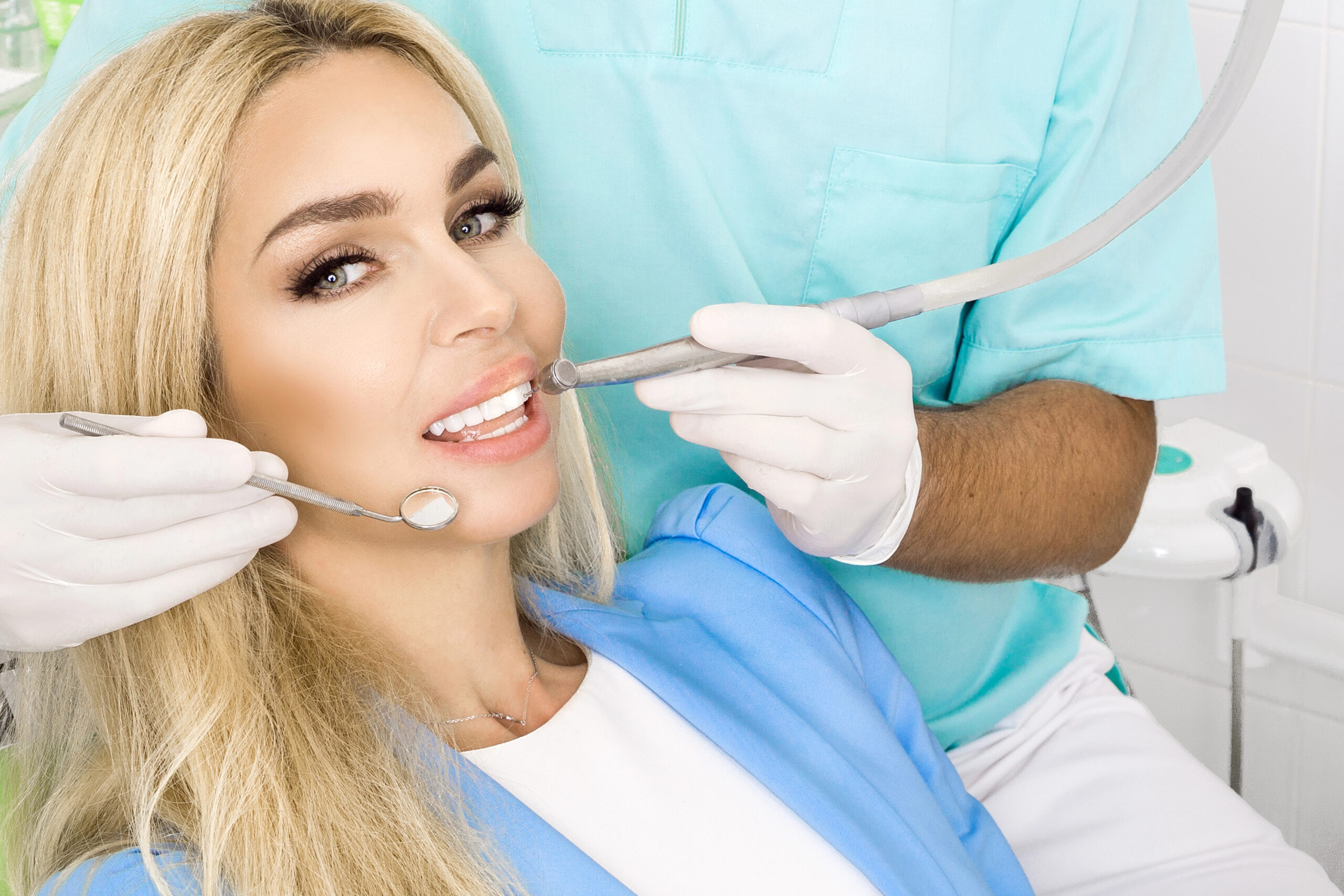Can Stains Be Removed From Veneers?
Dental veneers are a popular choice for transforming smiles, especially for people who want a quick and long-lasting fix for chipped, discolored, or uneven teeth. These thin, custom-made shells are bonded to the front of your teeth to improve their appearance, giving you a brighter and more uniform smile.
But if you’ve had veneers for a while, you might be wondering whether veneers can get stained. And if they do, is it possible to remove those stains?
At Torbay Smiles Dentistry, we often get questions about maintaining the look and longevity of veneers. In this blog post, the team will explore whether veneers can stain, what to do if they do, and how you can keep them looking their best for years to come.
Do Veneers Stain Like Natural Teeth?
Veneers are made from either porcelain or composite resin. Porcelain veneers are the most stain-resistant option because they have a smooth, non-porous surface that makes it harder for pigments from food and drinks to stick. Composite resin veneers, while still strong and aesthetically pleasing, are slightly more porous than porcelain and can absorb stains more easily over time.
That being said, even the most stain-resistant veneers are not completely immune to discoloration. This is especially true around the edges where the veneer meets your natural tooth, or if the surface becomes scratched or worn. Everyday habits like drinking coffee, tea, or red wine, smoking, or eating deeply pigmented foods can slowly dull the appearance of your veneers if you’re not careful.
Can You Remove Stains from Veneers?
Yes, to a certain amount. If your veneers are starting to look a little dull or discolored, the good news is that surface stains can often be removed with a professional dental cleaning. Dentists use specialized tools and polishers that can safely clean and brighten veneers without damaging the material.
However, if the stains have penetrated the surface (which is more likely with composite veneers), they may be more difficult (or even impossible) to fully remove. In these cases, the discoloration might not respond to standard cleaning or whitening products. Over-the-counter whitening toothpastes or strips won’t be effective on veneers, and can sometimes make things worse by scratching the surface or irritating your gums.
For porcelain veneers, deep staining is uncommon unless the veneer is damaged or if there’s staining at the margin where the veneer meets your natural tooth. Composite veneers, on the other hand, may start to lose their brightness after a few years, especially without regular maintenance.
What If My Veneers Are Still Stained After Cleaning?
If a professional cleaning doesn’t restore your veneers to their original brightness, your dentist may recommend other options. For composite veneers, it may be possible to polish or re-bond them to improve their appearance. In more severe cases, especially if the veneers are old, the best option might be to replace them entirely.
Keep in mind that the average lifespan of porcelain veneers is about 10–15 years, while composite veneers typically last 5–7 years. If your veneers are reaching the end of their lifespan and have started to stain or wear down, replacement may be the most effective solution.
How to Prevent Veneer Staining
The best way to deal with staining is to prevent it from happening in the first place. Simple daily habits can go a long way in keeping your veneers looking bright and beautiful. Brushing twice a day with a non-abrasive toothpaste, flossing daily, and avoiding tobacco use are great places to start. If you’re someone who enjoys stain-prone foods and drinks (like coffee, berries, or curry) consider rinsing your mouth with water afterward to reduce the likelihood of discoloration.
Regular dental checkups are also essential. Your dentist can detect early signs of staining or damage and provide gentle polishing treatments to keep your veneers in top shape. At Torbay Smiles Dentistry, we recommend routine cleanings at least twice a year to help preserve both your natural teeth and your dental restorations.
Why Professional Help Matters
It might be tempting to try whitening products at home when you notice your veneers looking dull. But it’s important to know that most whitening treatments are designed for natural teeth and won’t have the same effect on porcelain or resin materials. In fact, some products can actually harm your veneers or surrounding gums.
Only a dental professional can accurately assess the cause of staining and recommend the safest, most effective treatment. Sometimes what looks like staining on a veneer is actually a problem with the underlying tooth or the bonding material. These problems won’t improve with surface cleaning or at-home remedies.
When in doubt, always consult your dentist before trying anything new. A quick visit can give you peace of mind and a clearer plan for restoring your smile.
Dental Veneers at Torbay Smiles Dentistry
So, can stains be removed from veneers? In many cases, yes, and especially if the staining is on the surface and caught early. Professional dental cleanings, polishing, and good at-home habits can go a long way in keeping your veneers looking bright and fresh. But if the staining is deeper or your veneers are showing signs of age, it might be time to explore refinishing or replacement.
At Torbay Smiles Dentistry, we’re here to help you protect your investment in your smile. Whether you’re dealing with stains, thinking about getting veneers, or simply want to keep your teeth looking their best, we’re just a call away.
Book your appointment with us today and let’s make sure your smile continues to shine.

